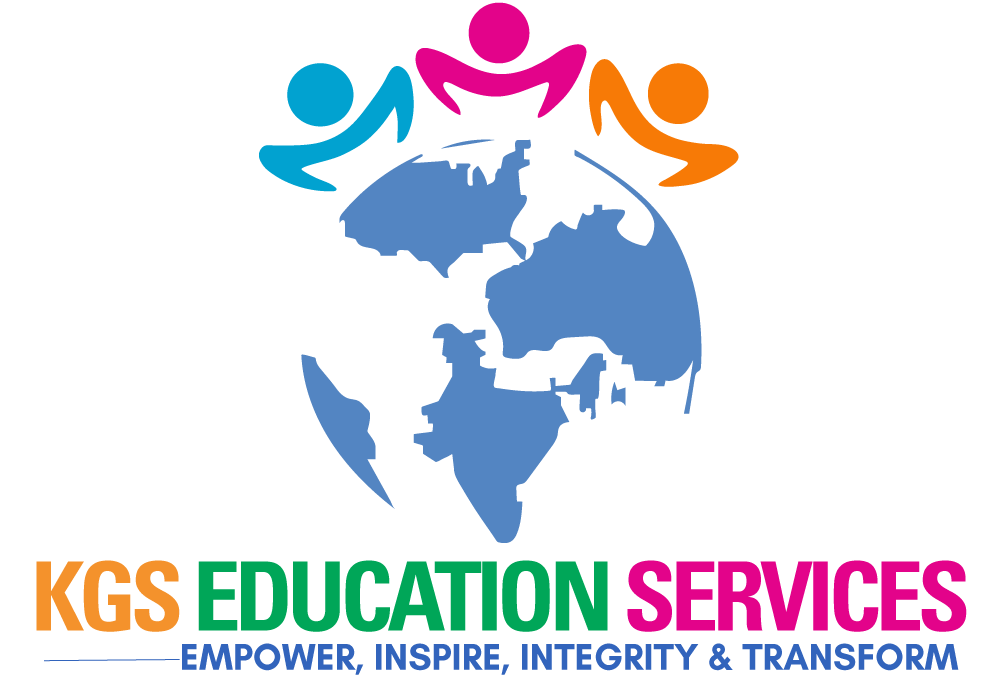Introduction:
In today’s diverse educational landscape, cultural awareness training for educators has become increasingly crucial. Educators must possess the skills and knowledge to effectively engage with students from diverse cultural backgrounds, create inclusive learning environments, and address the unique needs of each learner. This article explores the significance of cultural awareness training for educators, its benefits, and strategies for implementation in schools.

- Understanding Cultural Awareness:
- Define cultural awareness and its importance in education.
- Discuss the role of cultural competence in fostering positive teacher-student relationships and promoting academic success among all students.
- Embracing Diversity in Schools:
- Highlight the diversity present in today’s classrooms, including students from various ethnic, racial, linguistic, and socioeconomic backgrounds.
- Explore the benefits of diversity in education and its role in enriching the learning experience for all students.
- Benefits of Cultural Awareness Training for Educators:
- Discuss the benefits of cultural awareness training for educators, including improved communication skills, enhanced empathy and understanding, and increased effectiveness in addressing student needs.
- Explore how cultural awareness training can help educators identify and address implicit biases and stereotypes that may impact teaching and learning.
- Creating Inclusive Learning Environments:
- Examine the importance of creating inclusive learning environments that celebrate diversity and respect cultural differences.
- Discuss strategies for educators to promote inclusivity and cultural responsiveness in their classrooms, such as incorporating diverse perspectives into curriculum and instructional materials.
- Enhancing Cross-Cultural Communication:
- Highlight the significance of effective cross-cultural communication in fostering positive relationships between educators, students, and families.
- Provide tips and strategies for educators to improve their cross-cultural communication skills, such as active listening, empathy, and nonverbal communication cues.
- Addressing Cultural Sensitivity and Equity:
- Explore the concept of cultural sensitivity and its role in promoting equity and fairness in education.
- Discuss how cultural awareness training can help educators recognize and address systemic inequities and biases within educational institutions.
- Cultivating Cultural Competence:
- Define cultural competence and its components, including self-awareness, cultural knowledge, cultural sensitivity, and cultural responsiveness.
- Discuss the importance of ongoing professional development and self-reflection in cultivating cultural competence among educators.
- Incorporating Cultural Awareness into Professional Development:
- Highlight the need for schools and districts to prioritize cultural awareness training as part of ongoing professional development for educators.
- Provide examples of effective cultural awareness training programs and resources available to support educators in their professional growth.
- Building Community and Family Partnerships:
- Emphasize the importance of building strong relationships with students’ families and communities to support culturally responsive teaching and learning.
- Discuss strategies for educators to engage families from diverse cultural backgrounds and incorporate their perspectives into the educational process.
Conclusion:
Cultural awareness training plays a vital role in equipping educators with the knowledge, skills, and attitudes necessary to create inclusive and culturally responsive learning environments. By embracing diversity, promoting cross-cultural communication, and cultivating cultural competence, educators can effectively meet the needs of all students and ensure equitable educational opportunities for every learner. As schools strive to foster environments that celebrate diversity and promote equity, cultural awareness training remains an essential component of professional development for educators committed to serving diverse student populations.
- Addressing STEM Education Disparities in Underserved Communities: Strategies for Equity and Inclusion
- The Role of Hands-on Learning in STEM Education
- Using Gamification to Enhance STEM Learning Experiences
- The Impact of Experiential Learning in STEM Education
- Leveraging Technology for Remote Learning: Lessons Learned from the Pandemic



